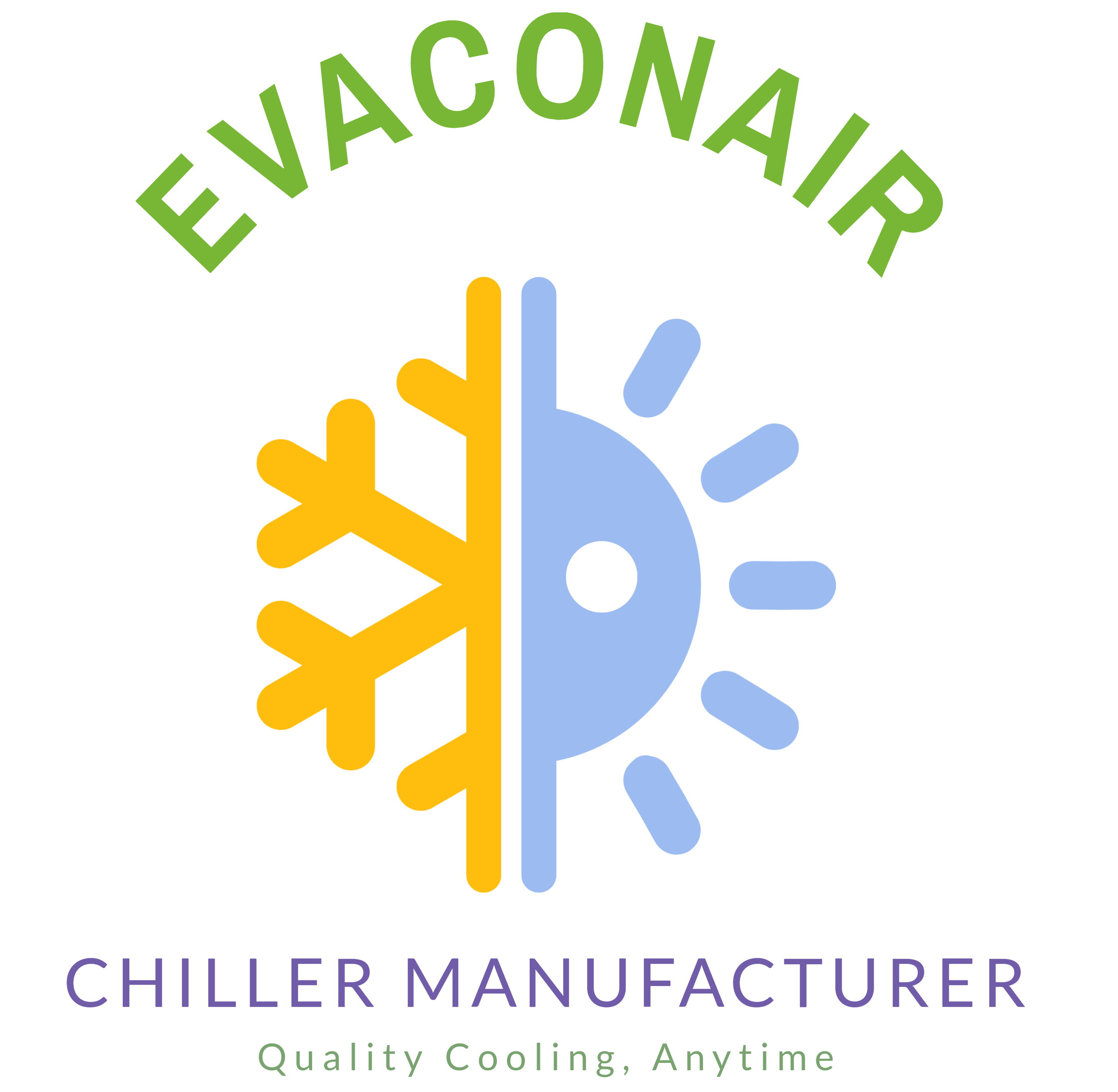Blog
HVAC stands for Heating, Ventilation, and Air Conditioning. While the term HVAC is often associated with air conditioning (AC), it actually refers to the entire system that manages indoor climate control, which includes heating, ventilation, and air conditioning.
Components of HVAC Systems
1. Heating
HVAC systems incorporate heating solutions, such as furnaces, boilers, and heat pumps, to maintain a comfortable indoor temperature during colder months. Learn more about our heating services.
2. Ventilation
Ventilation is a key part of HVAC systems, ensuring that indoor air quality remains high by removing stale air and introducing fresh air. Proper ventilation controls humidity, removes pollutants, and maintains a healthy indoor environment. Discover our ventilation solutions.
3. Air Conditioning
The air conditioning component of HVAC systems cools indoor spaces by removing heat from the air and expelling it outside. This process lowers the indoor temperature and provides comfort during warmer months. Explore our air conditioning services.
Importance of HVAC Beyond AC
- Year-Round Comfort: HVAC systems provide both heating and cooling, ensuring comfort throughout the year, regardless of the season.
- Indoor Air Quality: HVAC systems improve indoor air quality through effective ventilation, removing contaminants, and controlling humidity levels.
- Energy Efficiency: Modern HVAC systems are designed for energy efficiency, reducing operational costs and energy consumption.
Conclusion
HVAC is not only for AC but also includes heating and ventilation, making it a comprehensive system for managing indoor climate control. For professional HVAC services and solutions, contact EVACONAIR.
